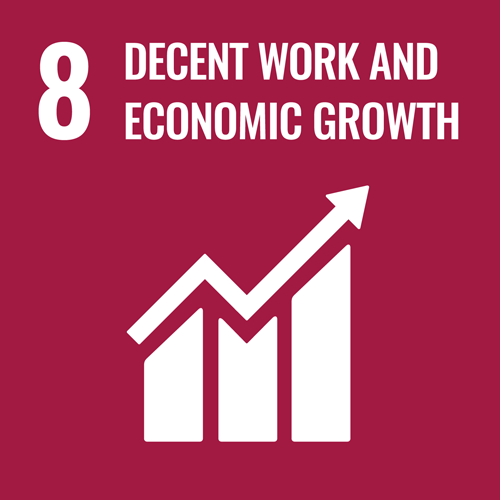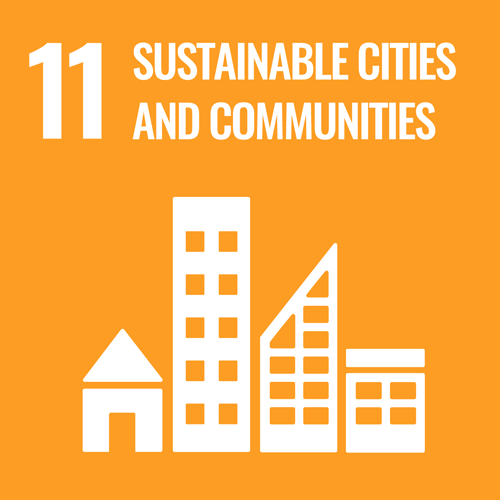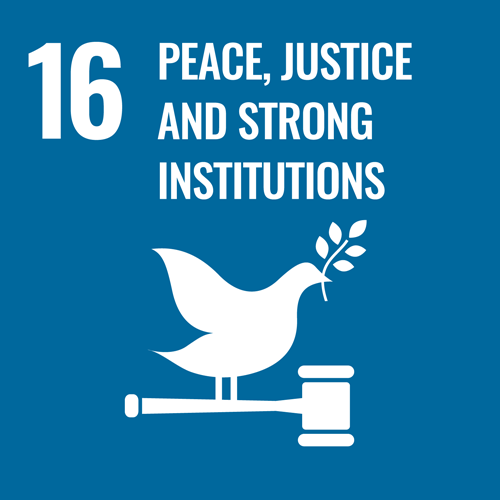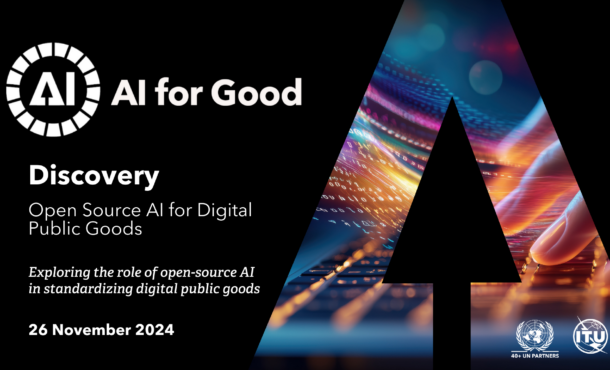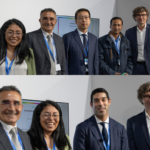Innovating Public Services through the use of Open-Source Generative AI

Open-source Artificial Intelligence (AI) is a key topic shaping public debate, and governments are keen to harness AI for public sector innovation. In the recent AI for Good webinar, “Open-Source Generative AI for Public Services,” key figures explored the pivotal role of open-source initiatives in public sector AI development. The webinar hosted Senator Alejandra Lagunes Soto Ruiz from Mexico, Daniel Brumund of GIZ, Jovan Kurbalija from DiploFoundation, and Ott Velsberg, Chief Data Officer at Estonia’s Ministry of Economic Affairs and Communications to discuss the ITU initiative under the patronage of its EU-funded Open Source Ecosystem Enablement (OSEE) project to promote trustable, auditable and equitable AI-based public services.
AI Governance in the Mexican context
Senator Lagunes highlighted Mexico’s strides in AI governance through the National Intelligence Alliance (ANIA), launched in April 2023. ANIA, a collaborative effort, engages government, academia, civil society, and NGOs to enrich Mexico’s AI ecosystem.
“These efforts represent Mexico’s commitment to ethical AI development that upholds social welfare and respect for civil rights,” said Senator Lagunes.
Noteworthy achievements aligning with ANIA’s international collaboration focus include constitutional reform bills, collaboration with the UK Prosperity Fund to develop the AI Regulatory Sandbox, and a policy paper with recommendations on AI governance, policy, and regulation for presidential candidates to consider in the next presidential term 2024-2030. ANIA extends its mission beyond legislation, fostering awareness among the general public, acknowledging prevalent AI misconceptions.
Sustainable AI for the African region
Daniel Brumund, a GIZ AI Advisor, steered the conversation towards sustainable and inclusive AI, particularly for African countries. GIZ champions open-source AI projects for improved public service access.
Key topics for the region include responsible AI practices, addressing biases, increasing awareness, and investing in local AI ecosystems. His call for interconnected initiatives emphasizes impactful open-source deployment, emphasizing transparency, inclusivity, and responsible integration.
The view from Estonia
Estonia, with an open approach and investments in language technology, focuses on making technology accessible to all.
Ott Velsberg presented Estonia’s innovative approach to AI governance, describing their virtual assistant “Bürokratt” as “Siri on steroids”. Its focus? Connecting citizens with the public infrastructure, not only providing information, but also facilitating access to services such as renewing one’s drivers license through an interoperable network of systems.
Velsberg noted the key challenges in language technology development for smaller languages like Estonian.
Public Awareness and Diplo Foundation’s Approach
Jovan Kurbalija highlighted the importance of public awareness and discussed Diplo Foundation’s approach to demystify the complexity of AI for the diplomatic and policy community. A central element of the discourse was the pyramid of knowledge, where data forms the base, followed by information, knowledge and wisdom, with an emphasis on the importance of knowledge protection, as opposed to data protection.
The New York Times is currently questioning the use of intellectual property in developing AI models, sparking a debate on fair use.
The dialogue navigated through historical shifts in AI risks, exploring themes such as digital sovereignty, traceability in AI models, and the pivotal role of responsible regulatory frameworks, a transition discussed at the World Economic Forum.
The discussion also touched on the risks associated with AI, including long-term risks, mid-term risks of knowledge monopolies, and short-term risks related to job security and misinformation.
In Closing: A Tapestry of Global AI Governance
In the Q&A, digital sovereignty, traceability in AI models, and responsible regulatory models took center stage. Senator Lagunes emphasized technology development in the Global South, fostering innovation, and addressing democracy risks.
This insightful exploration into global AI governance weaves a narrative of challenges, solutions, and a commitment to making AI a positive force in people’s lives. Beyond technological strides, it envisions a future where AI serves humanity, enhancing lives.


